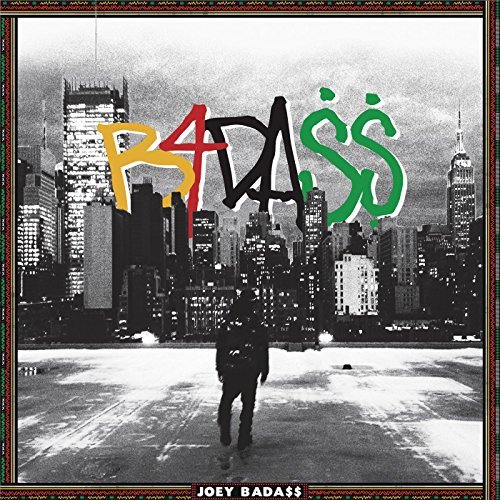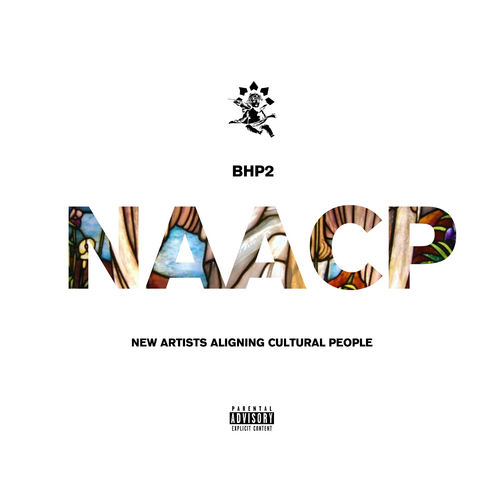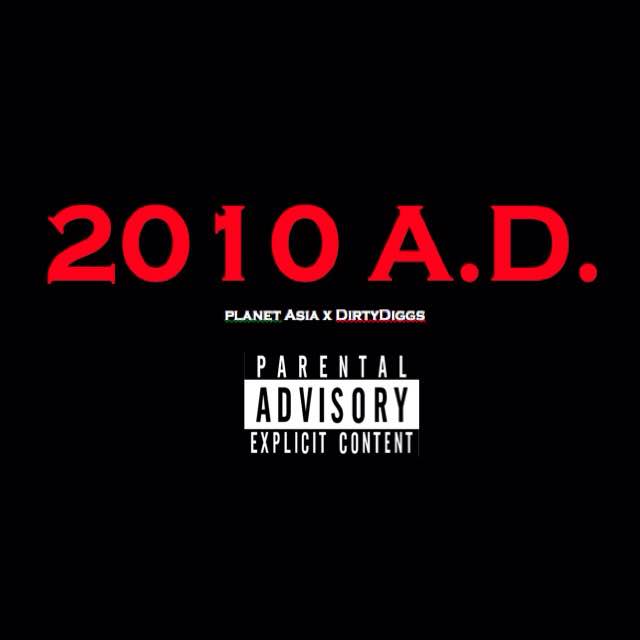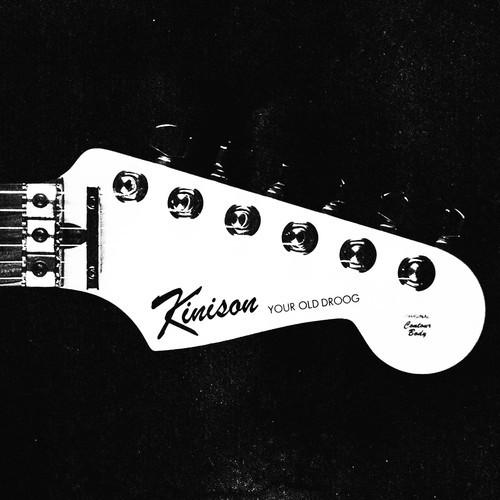
The year was 1997. The hip-hop scene was being divided into two sub-genres, underground and commercial, while the dance music scene thriving, heavy on the glow-sticks and e-pills. Ninja Tune founders, Matt Black and Jon More, aka Coldcut, released their official debut album, Let Us Play, a cut-and-paste, mostly instrumental odyssey, which arguably laid the blueprint for the entire label for years to come. So when it was announced that Coldcut was returning with a new studio album, Sound Mirrors, on the eve of Let Us Play’s 10th anniversary, heads took notice. But with almost a decade between albums, would this album pick up where their now classic debut left off, or would they start over with something fresh and new?
The main difference longtime listeners will pick up on immediately is the abundance of vocal tracks over instrumentals. While Let Us Play only offered a handful of songs with guest vocalists, here the opposite is true. Let Us Play found Coldcut speaking with their samplers, with environmentalist messages coming through on “Timber”, or preaching an anti-war sentiment of “Atomic Moog 2000″. However their snarky views on club culture (“Noah’s Toilet”) and paranoia of big brother (“Every Home A Prison”) were demonstrated vocally by Selena Saliva and Jello Biafra, respectively.
The Gorillaz-esque approach to Sound Mirrors – that is, essentially hip-hop producers getting people to sing over their beats – means a broader message is spread, with many of the same themes running throughout this LP that ran through Let Us Play. They strap their political boots on for songs like the abrasive “Everything Is Under Control”, a brilliant, Bomb Squad-esque mash of white noise and rock guitars (courtesy of Jon Spencer), while emcee Mike Ladd finds himself in his most defining moment yet. Again on the Annette Peacock featured, up-tempo spoken word piece, “Just For The Kick”, which is anything but “Girls On Film”. Instead, it’s rhythmic camera flashes imply hidden government cameras, rather than paparazzi, from an institution that wants to keep us dumb, dancing, and spending. “Aid Dealer” is classic, acid-jazzy Coldcut, finding UK artist Soweto Kinch discussing the downside of military aid in between blowing his sax.
But not every song here has a motive, or at times, at least not a clear one. The melodic “Man In a Garage” (featuring John Matthias), coupled with “A Whistle and A Prayer” (feat. Fog) are a bit more cryptic in nature, and can be chalked up as acceptable, mellow indy rock cuts. The Roots Manuva helmed “True Skool” is also pretty cut and dry, as is the catchy “This Island Earth” (with Mpho Skeef), but both will keep heads nodding and toes tapping. Perhaps the crown jewel of vocal cuts here is “Walk A Mile In My Shoes” (feat. Robert Owens), a soulful dance tune that’s sure to have the clubs packed, once it’s released into the wild (overseas, at least).
As far as the album’s few instrumental selections are concerned, it’s a wonder why they didn’t include more. “Boogieman” is the sole “cut-and-paste” cut on the album, with an electric dancehall riddim, meshed with layers of samples and sounds, really letting Coldcut shine and take the spotlight from their collaborators. The same can be said for the album’s finale, “Sound Mirrors”, which builds a simple two-bar loop into a massive symphonic climax by the song’s end, sure to leave every instrumental artist on the Ninja Tune label with their jaws on the floor.
Sound Mirrors takes an entirely different approach than Let Us Play – one that may be a little less friendly to fans of hip-hop. Truthfully, this listener felt let down after the first listen, but subsequent listens proved that Sound Mirrors has the strength to stand on it’s own. Sure, it’s a different album than Let Us Play, but ten years between albums has allowed Black and More tremendous room for growth, and the fact of the matter is, these guys have incredible skills behind the boards, weather cutting & pasting, or building soundscapes for the next generation of Ninjas. Different and good.
Comments
No Comments
Leave a reply
- Raekwon Sets A Release Date For “F.I.L.A.” Album
- BUSH: A Snoop Odyssey Produced By Pharrell Williams [Preview]
- Drake – “If You’re Reading This It’s Too Late” Surprise Album on iTunes Now
- Action Bronson “Mr. Wonderful” Cover Art and Tracklist
- Juicy J “Blue Dream & Lean 2″ Mixtape Cover Art & Release Date Revealed
- MF Grimm “MF Love Songs” Cover Art + Tracklist
- Lord Hakim – “Brass Knucklez” (feat. Vast Aire & Phizz Ed)
- IAMSU! – “Hella Good” (feat. Tyga)
- DJ Kay Slay – “I Declare War” (feat. Styles P, Sheek Louch, Vado, Raekwon, & Rell)
- Maverick Sabre – “We Don’t Wanna Be” (feat. Joey Bada$$)
- Cannibal Ox – “Blade: Art of Ox” (feat. Artifacts & U-God; prod. Black Milk)
- Asher Roth – “Blow Your Head” (prod. Nottz)
- It's Time To Say Goodbye...
Commented on by Yungplex - It's Time To Say Goodbye...
Commented on by geedubbleyoo - Fat Trel - "In My Bag" (feat. Wale)
Commented on by Katae - Kanye West's "Runaway": What Does It All Mean?
Commented on by fidgar - Sole Vs. El-P: Part One - Sole
Commented on by Reno Yakavetta - It's Time To Say Goodbye...
Commented on by Atom











 Mixtape D.L.
Mixtape D.L.




















1 March, 2006@12:00 am
0 comments